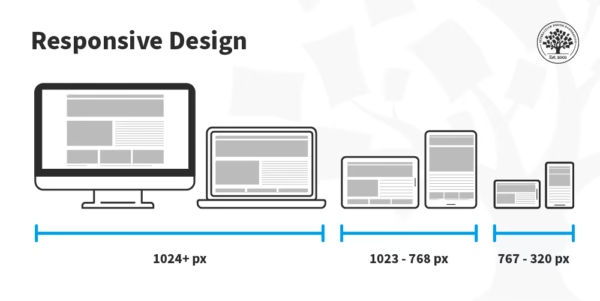Digital Marketing Plan: A Complete Guide to Successful Marketing Strategies
In the current era, no business can thrive without digital marketing. It is not only essential for increasing online presence but also for business expansion, branding, and sales growth. However, having a clear plan is essential for successful digital marketing.
Why is a digital marketing plan important?
- Planned business growth: A well-structured marketing plan will keep the business moving in the right direction.
- Goal setting: It is easier to set clear goals and objectives for the business.
- Customer targeting: It creates opportunities to reach the right customers.
- Budget control: It is possible to set the right budget for advertising.
- Staying competitive: Digital marketing can help you stay one step ahead of your competitors.
Important steps in a digital marketing plan
- Set goals and objectives
The first step is to set clear and realistic goals. For example:
Increase brand awareness – reach new audiences.
Increase website traffic – attract visitors using SEO and content marketing.
Sales Growth – Increase online sales of products or services.
Customer Engagement – Build relationships with customers through social media and email marketing.
- Identify Target Audience
It is very important to determine which customers to target.
Demographics: Consider age, gender, location, profession, etc.
Interest & Behavior: Consider customers’ online habits and interests.
Customer Pain Points: Analyze what problems are being solved.
- Analyze Competition
Review the websites and social media strategies of major competitors.
Evaluate which content and ads are more effective.
SWOT (Strengths, Weaknesses, Opportunities, Threats) Analysis. - Select Digital Marketing Channel
Choosing the right channel is essential for a successful digital marketing plan.
SEO (Search Engine Optimization) – Improve search engine rankings to increase organic traffic.
Content Marketing – Provide valuable information through blogs, infographics, and video content.
Social Media Marketing – Promote your brand using Facebook, Instagram, LinkedIn, YouTube.
Email Marketing – Build relationships by sending regular updates and offers to your customers.
Paid Advertising (PPC) – Advertise through Google Ads, Facebook Ads.
- Create a Content Strategy
Create regular blog posts, guides, infographics, and videos.
Write SEO-friendly content to rank well in search engines.
Create a content calendar to publish posts on time. - Set a Budget
Set a budget for advertising, software, content creation, and promotion.
Analyze ROI (Return on Investment). - Track and Optimize Performance
Google Analytics: Analyze website traffic.
Facebook Insights: Evaluate social media effectiveness.
A/B Testing: Test which strategies are more effective.
Customer Feedback: Improve your marketing strategy by collecting customer feedback.











